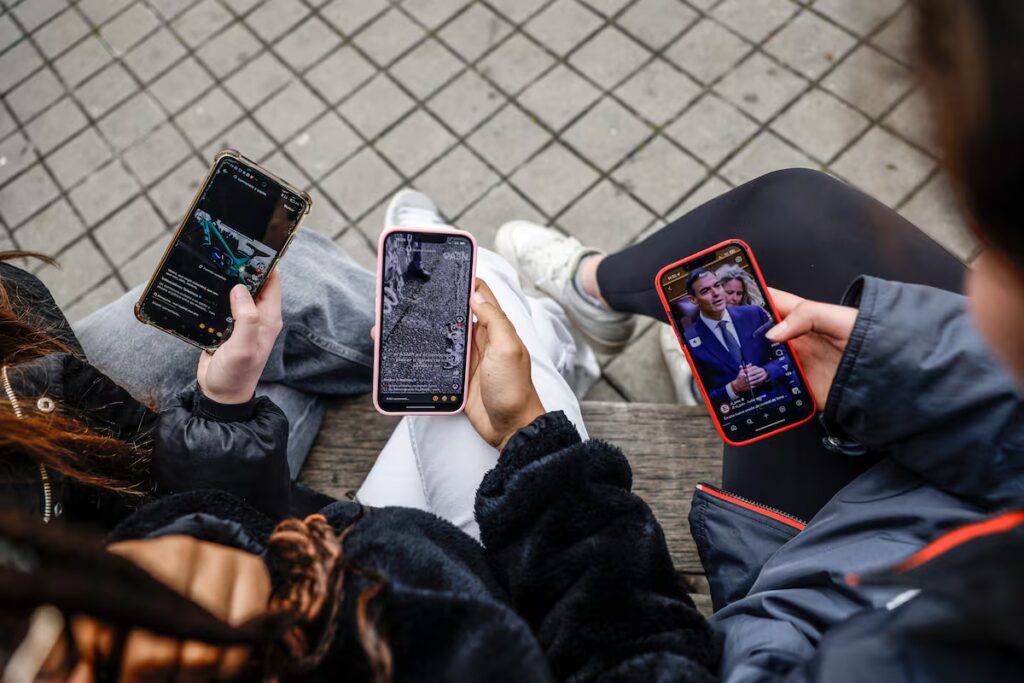Table of Contents
ToggleUnderstanding Addiction Versus Habit in Social Media Use
Addiction and habit are distinct concepts, though habits can lead to addictive behaviors. Addiction involves a loss of control over use, accompanied by physical and psychological withdrawal symptoms when the substance or behavior is absent. In contrast, a habit refers to the regular repetition of a behavior. A recent study published in Scientific Reports examined these concepts among 1,204 adult Instagram users. The findings indicate that, for most, excessive social media use is driven more by habit than genuine addiction, with only 18% considering themselves addicts, even if they are not.
Research Insights from Caltech and USC
Researchers Ian Anderson, a computational neuroscience expert at the California Institute of Technology (Caltech), and Wendy Wood, a psychologist at the University of Southern California, engaged participants to assess their perceived addiction. Although nearly 20% thought they might be addicted, only 5% were convinced they had developed a disorder, and just 2% exhibited symptoms aligned with addiction.
Anderson asserts, “The digital addiction is a myth; it's rather a bad habit that can be addressed.” The researchers reviewed over 5,000 publications on this issue, observing the term “addiction” appeared in 4,383 articles, while “habit” appeared in only 50. They suggest that this terminology discrepancy can shape users' perceptions of their social media usage.
The Impact of Terminology on User Perception
Through their analysis of Instagram users, Anderson and Wood found that labeling frequent usage as “addiction” leads users to associate their behavior with feelings of loss of control and guilt. Instead, most are engaging in habitual actions that involve automatic interactions on the platform.
The researchers caution against using the term “addiction” liberally in media and policy, as it can cause users to overestimate their dependence on social networks and negatively impact their perceptions of social media usage. Correctly identifying the various forms and frequencies of social media interaction is vital, as mislabeling excessive use as addictive can divert users from effective strategies for managing their habits.
Understanding Behavioral Consequences
In their study, the researchers noted that a majority of habitual behaviors (98%) are cognitive associations formed through repeated actions in consistent contexts. However, these habits can have serious implications. “Habit learning might be a foundational component of addiction, as excessive use could trigger additional physiological and psychological mechanisms,” the authors warn.
While the 2% identified as possibly addicted may seem significant—representing over 100 million users worldwide—the researchers emphasize that these individuals do not necessarily meet clinical diagnostic criteria for addiction. They argue that the actual number of social media addicts is likely much lower than the estimated 2%.
Recommendations for Addressing Excessive Use
Anderson and Wood contend that treatments akin to those for substance dependence are not universally applicable. For those few with addiction-like symptoms, treatment may focus on alleviating withdrawal symptoms. However, different strategies, specifically “habit change tactics,” may be more beneficial. These can include disabling notifications, keeping mobile devices out of sight, redesigning digital interfaces for reduced appeal, and substituting social media with alternative activities.
“Our findings suggest good news for users: the vast majority do not suffer from an addiction to social networks, even if they feel that way,” they conclude.
Concerns Among Minors
The study examined adult users, but the effects may differ in children and adolescents. According to a study by the World Health Organization (Health Behavior in School-aged Children HBSC), 11% of minors report significant life alterations due to devices, with 32% at risk of problematic usage.
Francisco Jose Rivera, a professor of Behavioral Sciences Methodology at the University of Seville and co-author of the study, warns that intensive screen use—even in the absence of serious incidents—can lead to problematic behaviors, including difficulty concentrating on non-digital tasks and challenges in social situations.
Rivera concurs with the researchers regarding social media's duality; while it can facilitate connectivity and enhance mental health, it may also lead to isolation, with evidence supporting both perspectives.




![Exploring Women's Porn: Insights from Creators in [Location] 3 - Instant Vista Exploring Women's Porn: Insights from Creators in [Location]](https://instantvista.com/wp-content/smush-webp/2026/01/Exploring-Womens-Porn-Insights-from-Creators-in-Location-150x150.jpg.webp)





